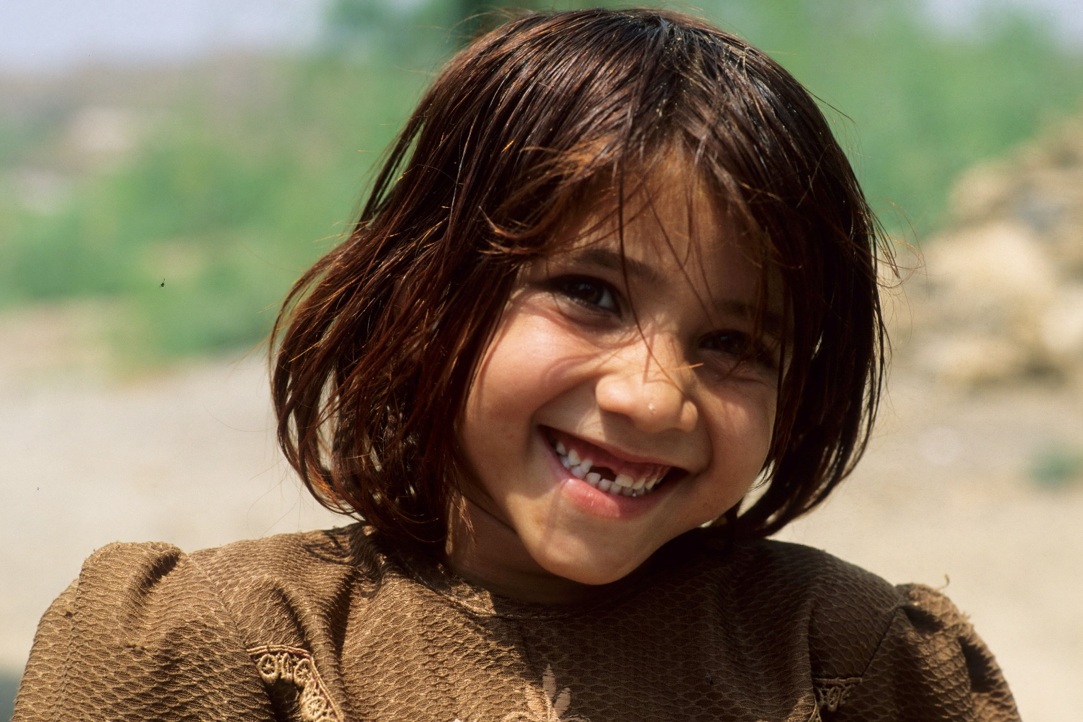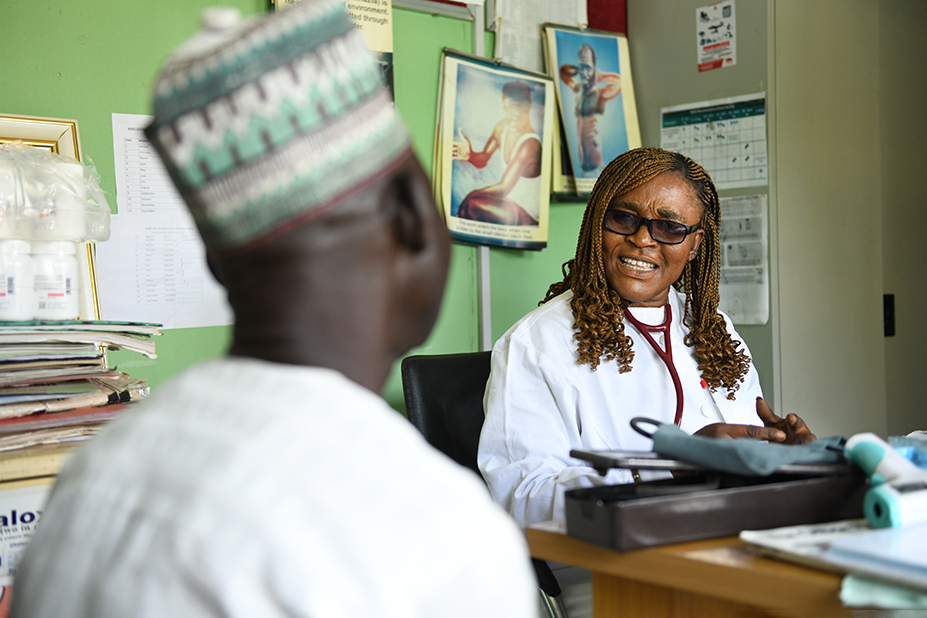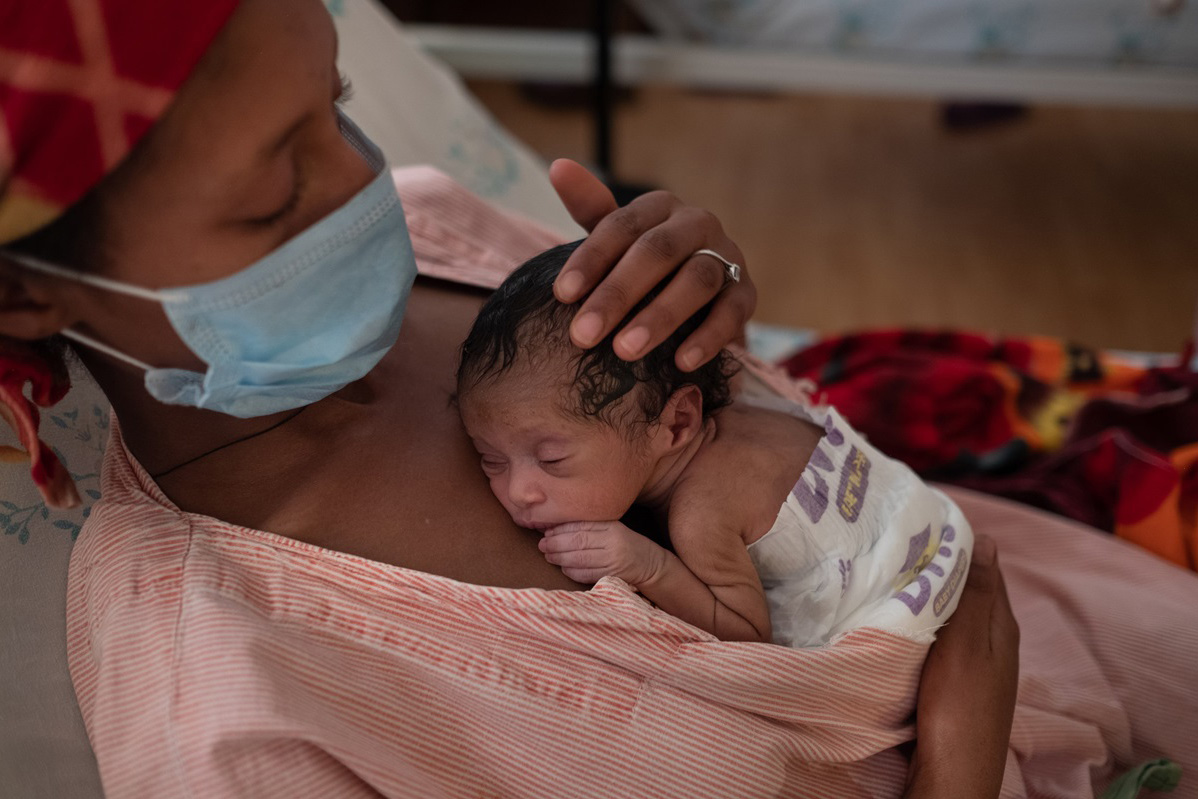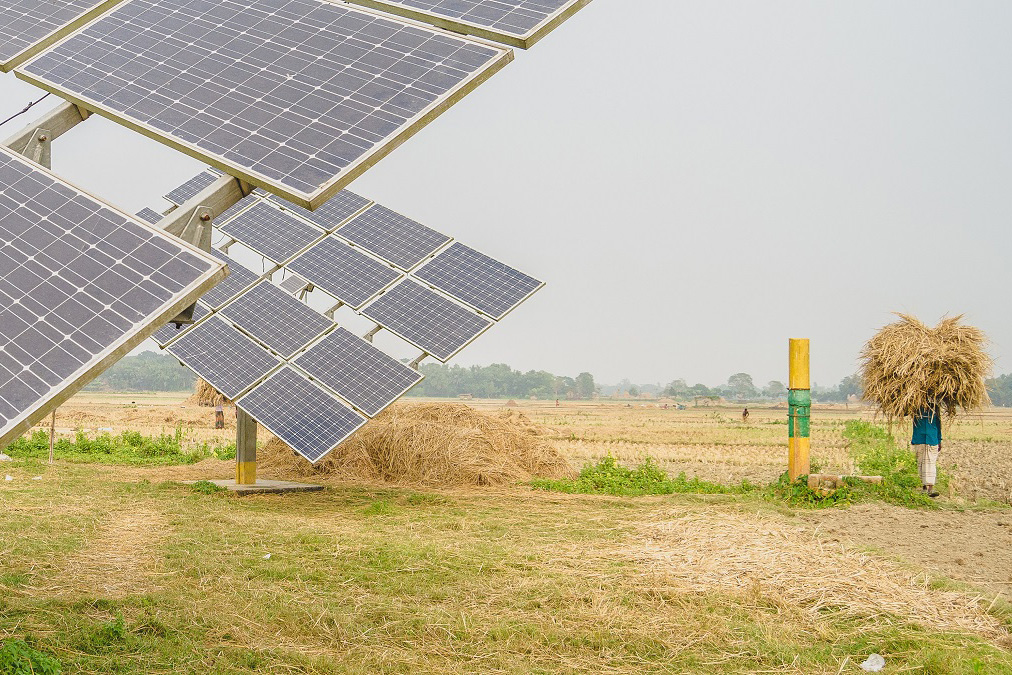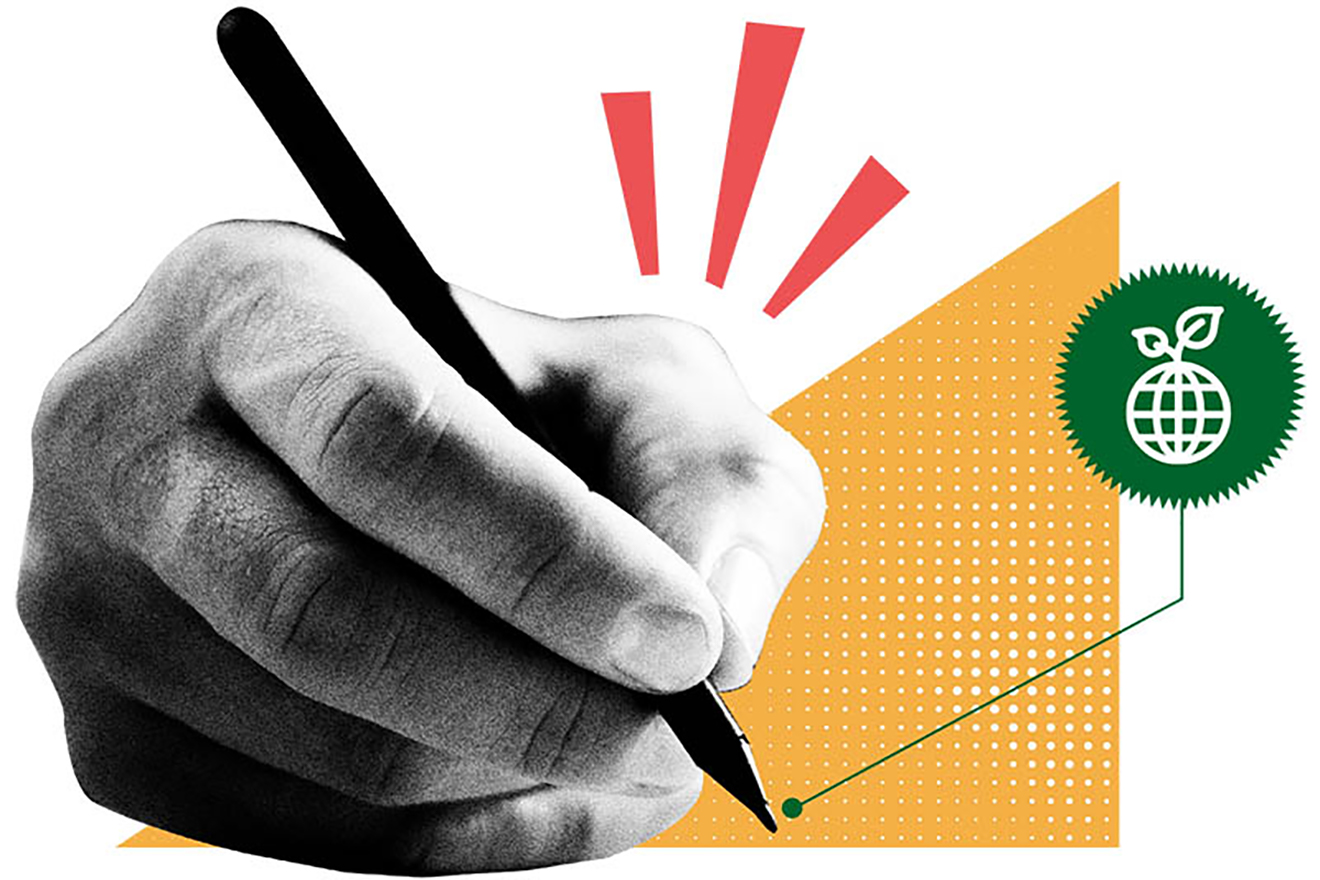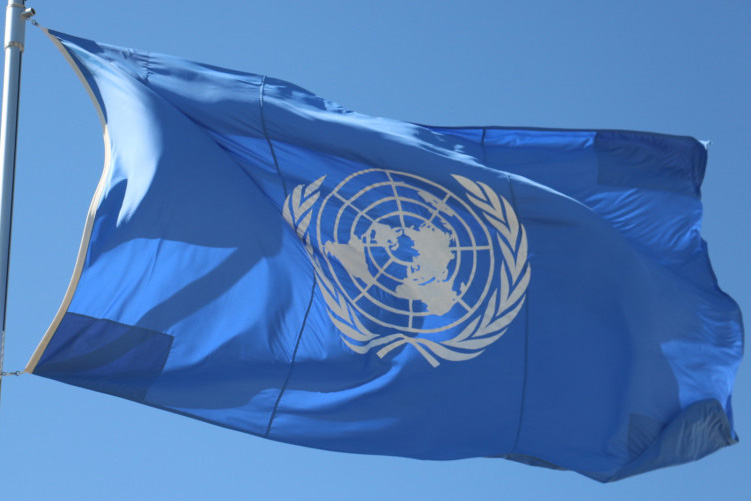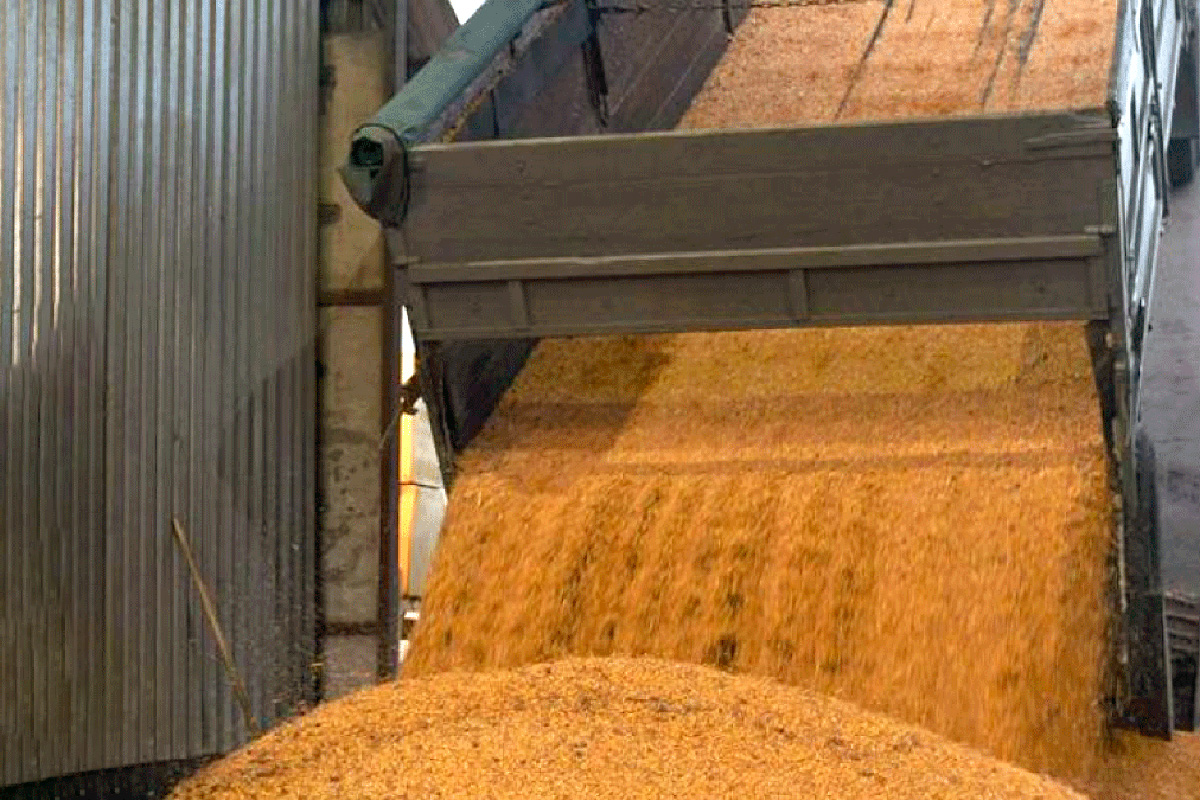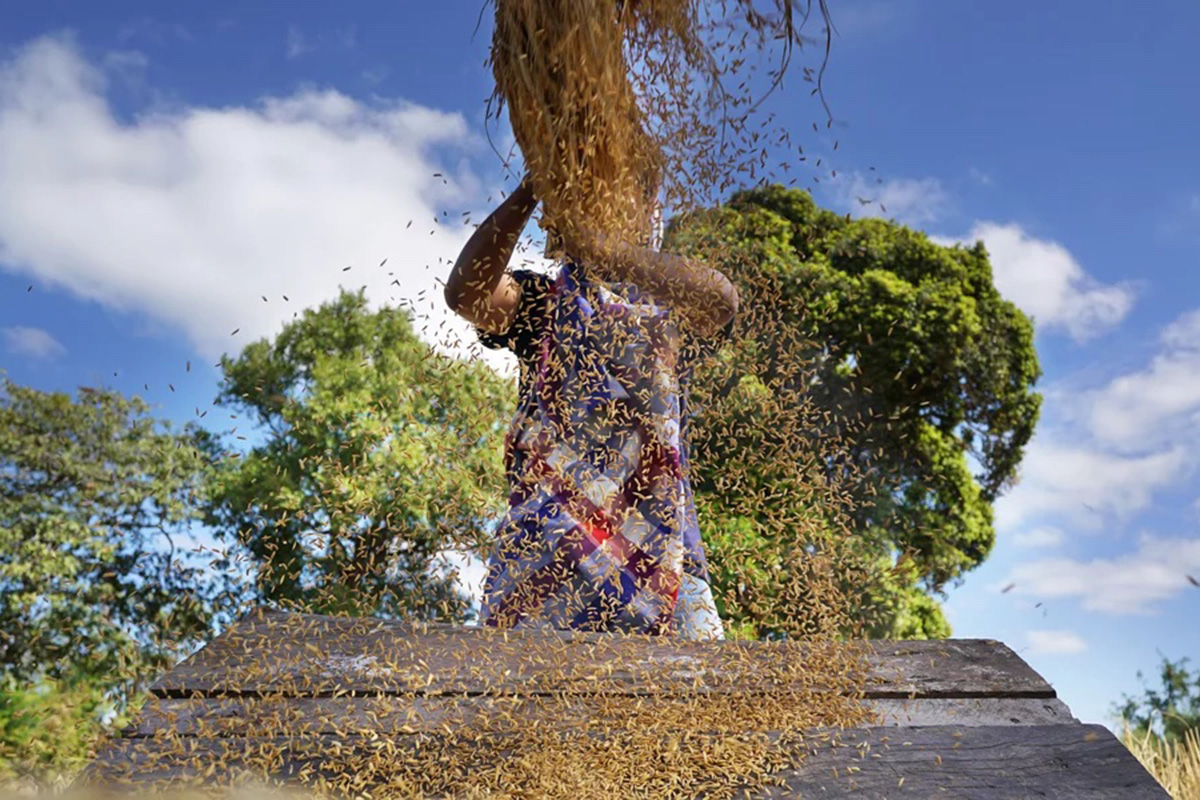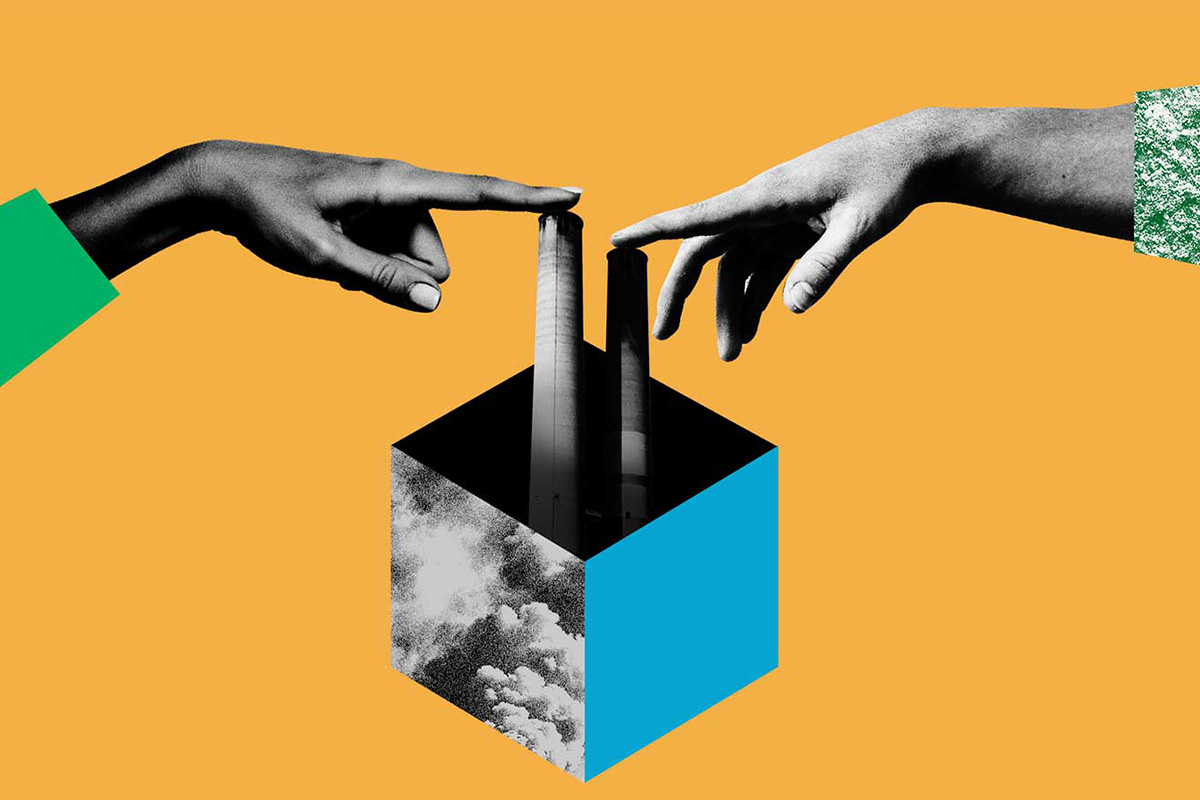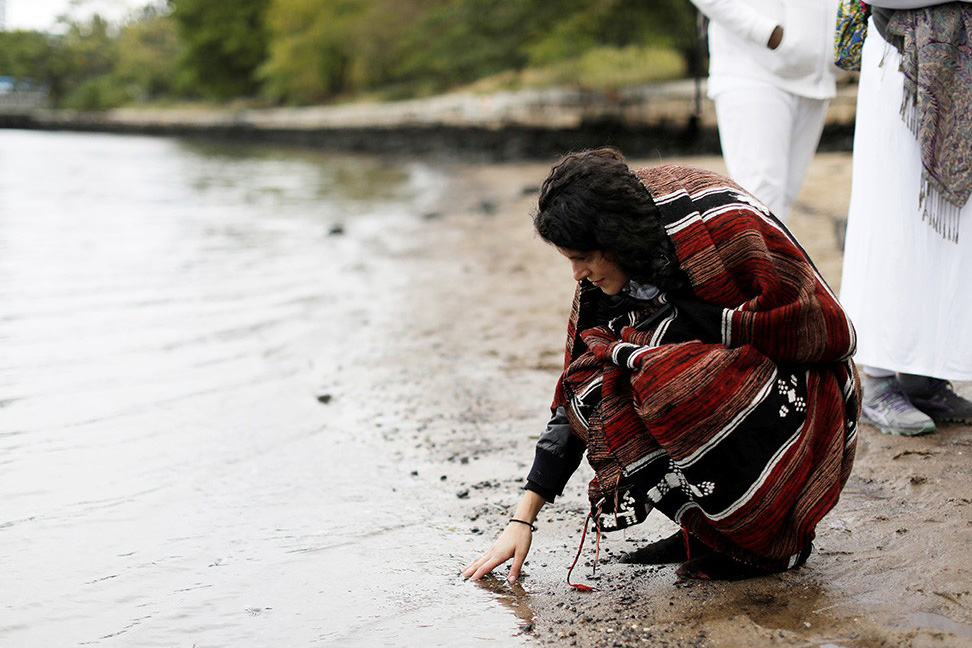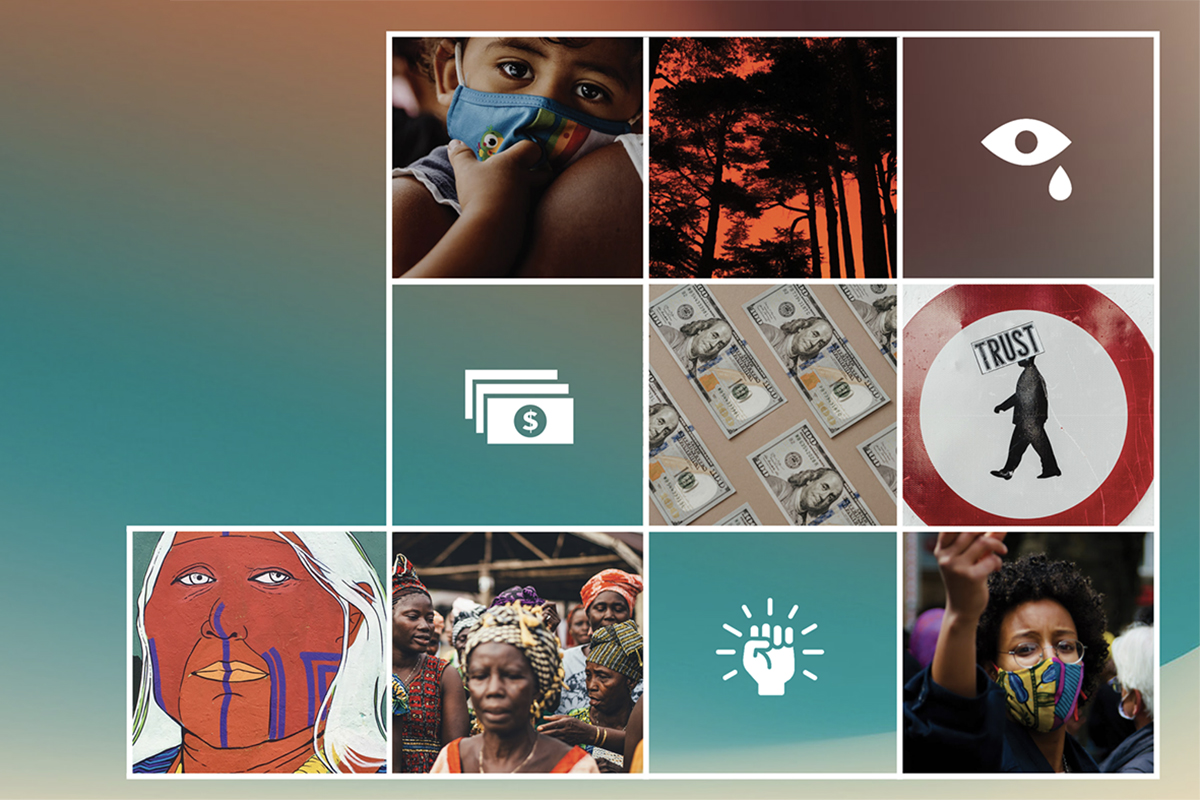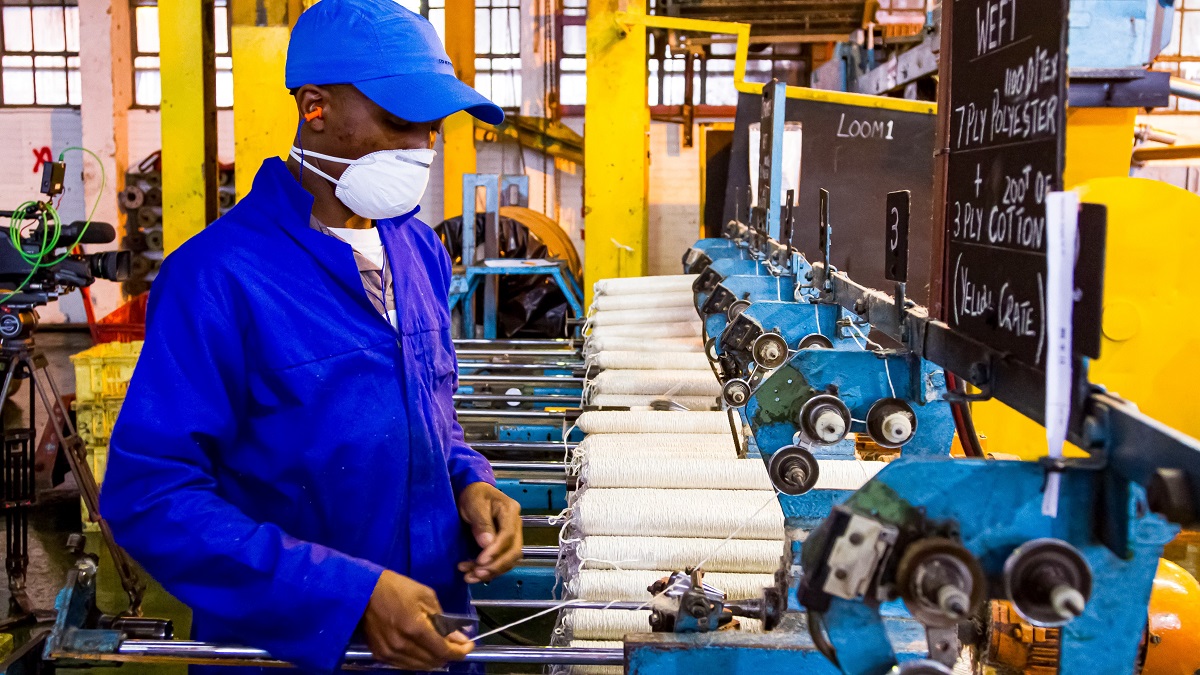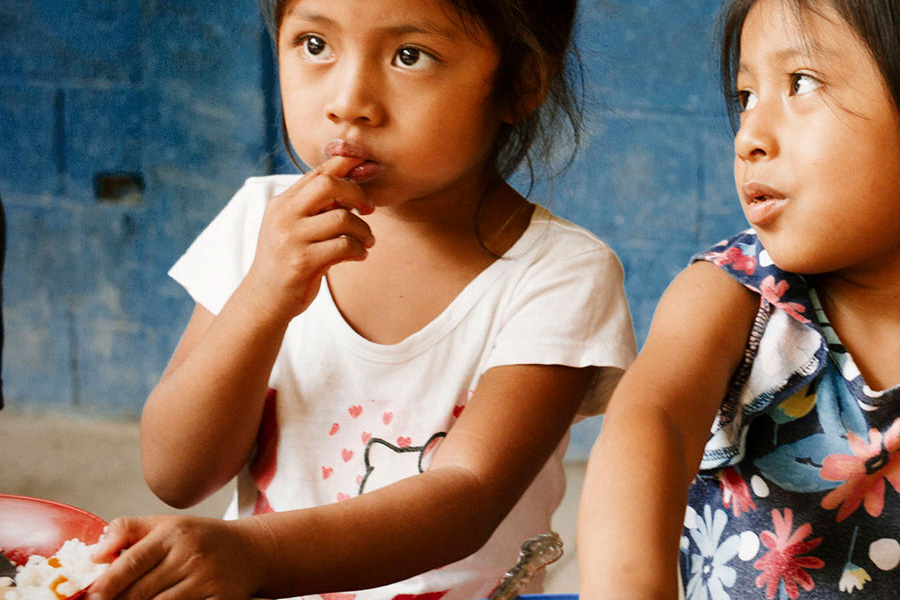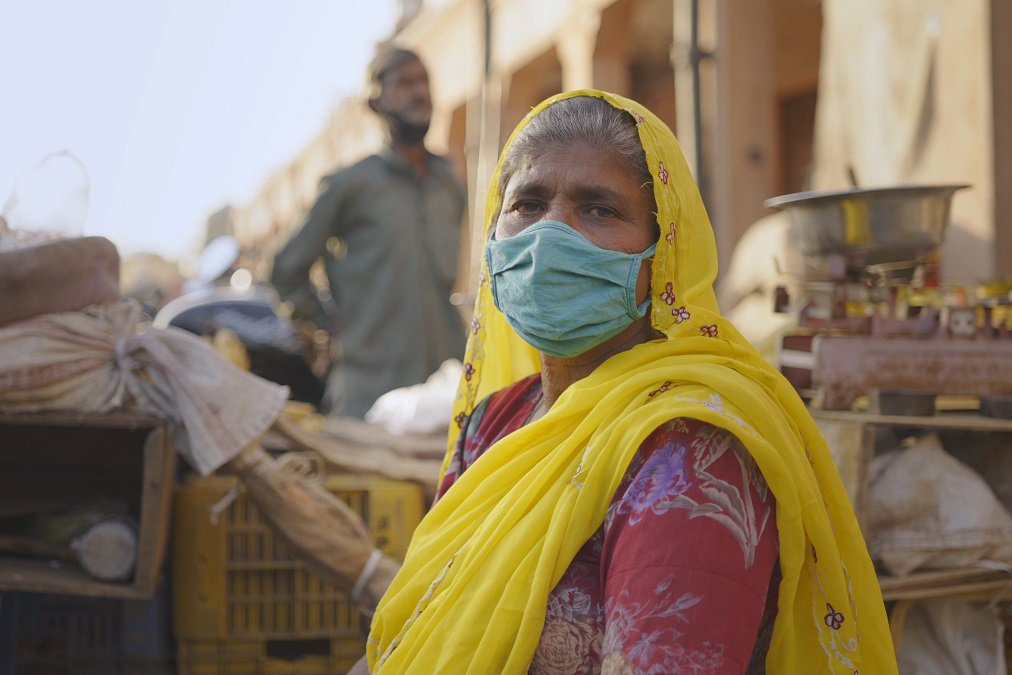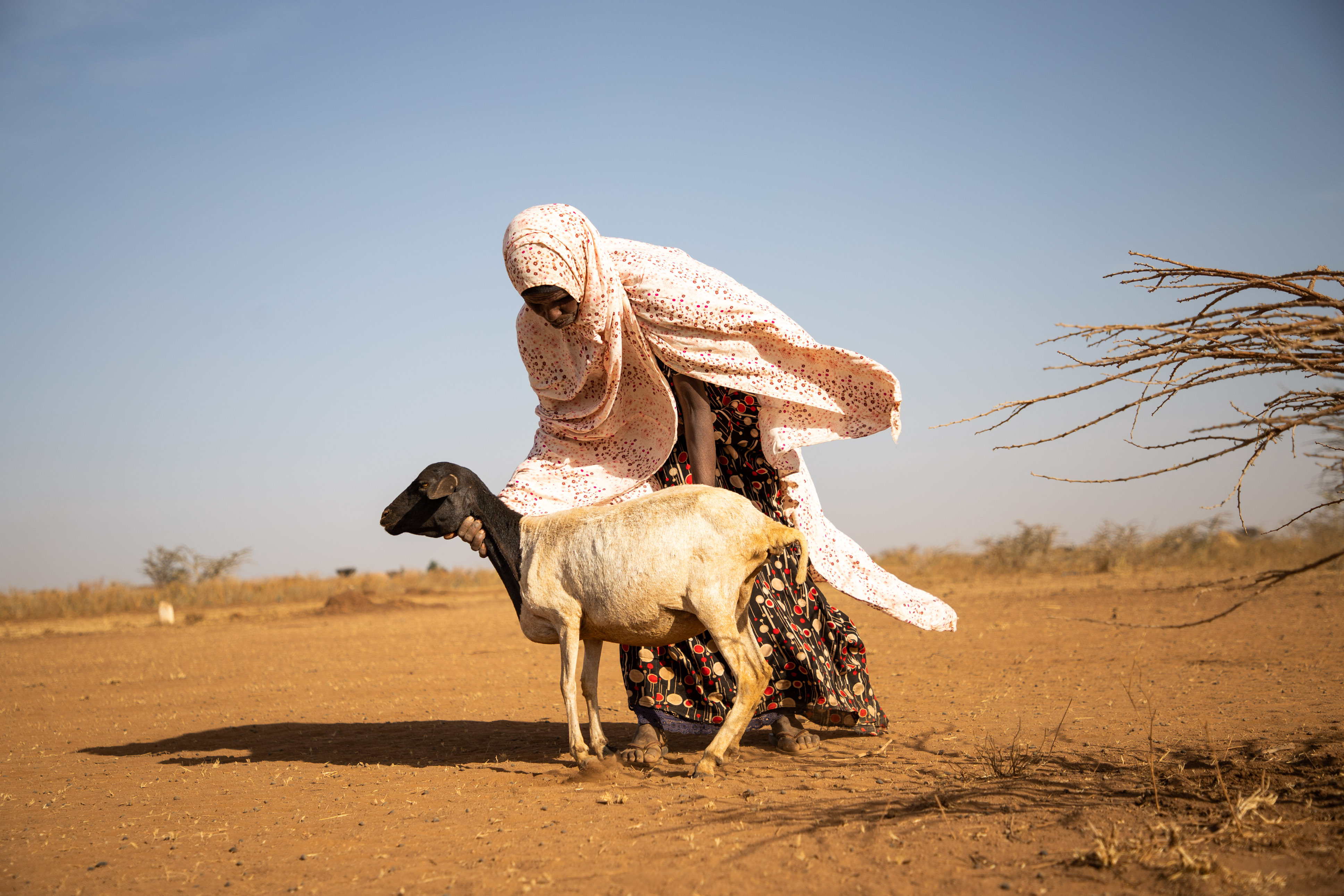UNAIDS determined earlier this year that the AIDS response is in danger—with rising new infections and continuing deaths in many parts of the world. Now, a new UNAIDS report, Dangerous Inequalities, shows that inequalities are the underlying reason why. The report shows that urgent action to tackle inequalities can get the AIDS response on track. It sets out how worsening financial constraints are making it more difficult to address those inequalities. The report also shows how gender inequalities and harmful gender norms are holding back the end of the AIDS pandemic.
WHO today launched new guidelines to improve survival and health outcomes for babies born early (before 37 weeks of pregnancy) or small (under 2.5kg at birth). The guidelines advise that skin to skin contact with a caregiver – known as kangaroo mother care – should start immediately after birth, without any initial period in an incubator. This marks a significant change from earlier guidance and common clinical practice, reflecting the immense health benefits of ensuring caregivers and their preterm babies can stay close, without being separated, after birth.
To avert a climate catastrophe, we need bold, credible net-zero emissions pledges matched by concrete actions. Governments have the biggest responsibility, but businesses, investors, cities, states, and regions must also live up to their emissions cuts promises. A high-level expert group convened by the UN Secretary-General has developed a report with stronger and clearer findings, recommendations, and standards for net-zero emissions pledges by non-State entities. António Guterres stressed today that “using bogus ‘net-zero’ pledges to cover up massive fossil fuel expansion is reprehensible.”
A new report from UNFCCC shows greenhouse gas emissions decreasing but underlines that these efforts remain insufficient to limit temperature rise to 1.5 degrees Celsius by the end of the century.
A recent UNCTAD report shows how the Black Sea Grain Initiative, effected to resume exports of Ukrainian grain via the Black Sea amid the ongoing war, has offered hope and shown the power of trade in times of crisis. The report underlines why it’s critical to renew the initiative next month. Thanks to the initiative, port activity in Ukraine is picking up and large shipments of grain are reaching world markets. The total tonnage of grain and other foodstuffs exported through the initiative had reached almost 8 million metric tons.
The shrinking value of the currencies of most developing economies is driving up food and fuel prices in ways that could deepen the food and energy crises already faced by many, according to the World Bank’s latest Commodity Markets Outlook report. Because of currency depreciations, almost 60 percent of oil-importing emerging-market and developing economies saw an increase in domestic oil prices, even as prices decline in U.S. dollar terms.
The concentration of greenhouse gas emissions in the atmosphere is wreaking havoc across the world and threatening lives, economies, health and food. For over a decade, the UNEP Emissions Gap Report has provided a yearly review of the difference between where greenhouse emissions are predicted to be in 2030 and where they should be to avoid the worst impacts of climate change. This year’s report will provide an update on global emissions pathways and progress towards achieving national mitigation pledges and the Paris Agreement goals. Find out more at today’s report launch.
Indigenous peoples offer us valuable ways to address the global water crisis through their traditional practices, both in terms of the sustainable management of aquatic ecosystems and the democratic governance of safe drinking water and sanitation. In the worldviews of indigenous peoples, water belongs to everyone and should remain available to all, as a common good. Voicing their concerns, indigenous peoples pointed out numerous challenges on water rights they face that have undermined their access to clean water and proper sanitation, according to a new OHCHR report.
The global health crisis doubled the wealth of the 10 richest men in the world while sending upwards of 120 million people into extreme poverty. This year’s UNRISD Flagship Report shows how inequalities and crises reinforce and compound each other, leading to extreme disparity, vulnerability and unsustainability. It argues that this is not the result of a broken system but one in which inequality and injustice are built in by design. The social contract has broken down to the great detriment of people and planet. Join us for the launch of the Report on 21 October in Geneva.
Africa’s economic activity is expected to expand by a moderate 2.7% in 2022 and 2.4% in 2023, following a rebound of 5.1% in 2021, according to UNCTAD’s Trade and Development Report 2022.
Governments confront difficult trade-offs amid increases in food and energy prices. IMF discusses how policymakers can help people bounce back from the crisis and better cope with future challenges.
Monetary and fiscal policy in advanced economies risk pushing the world towards recession and prolonged stagnation, inflicting worse damage than the financial crisis in 2008 and the COVID-19 shock in 2020, UNCTAD warns in its Trade and Development Report 2022. According to the report, rapid interest rate increases and fiscal tightening in advanced economies combined with the cascading crises resulting from the COVID pandemic and the war in Ukraine have already turned a global slowdown into a downturn with the desired soft landing looking unlikely.

